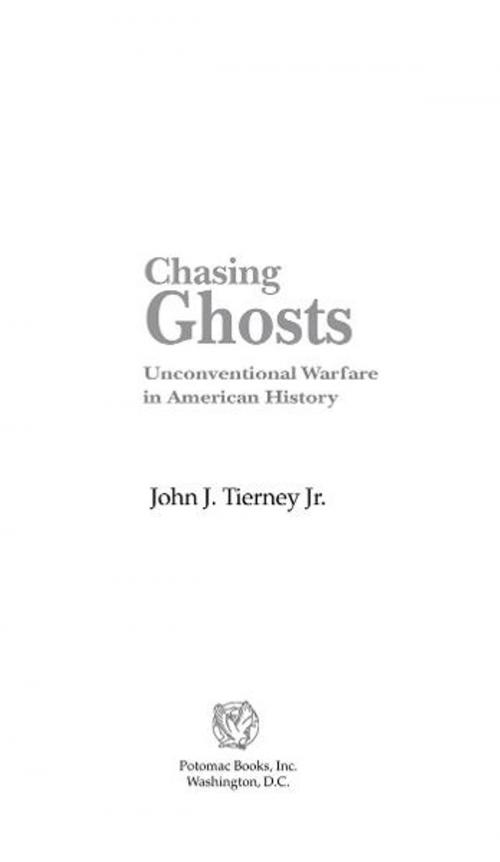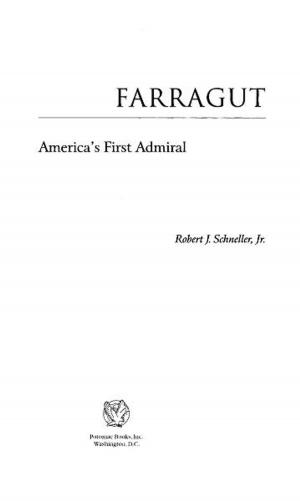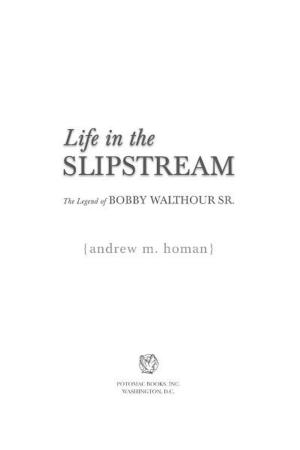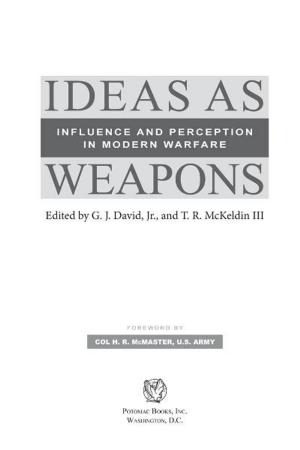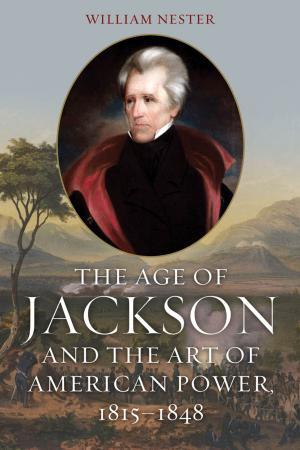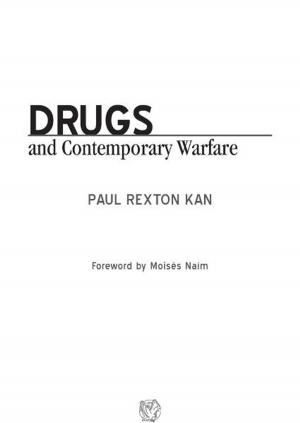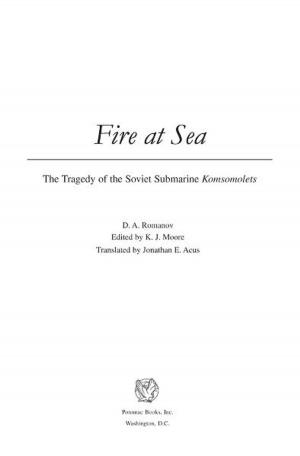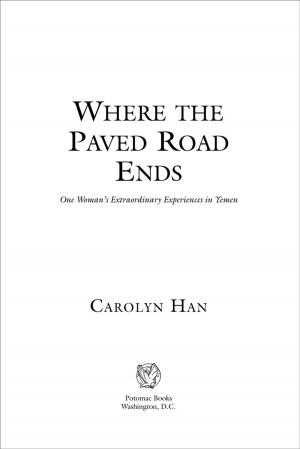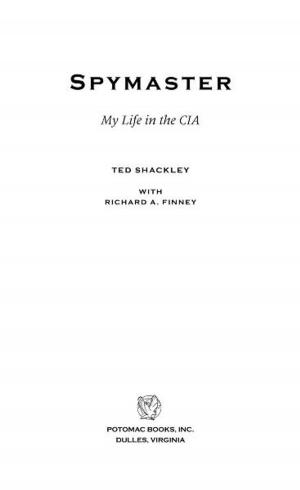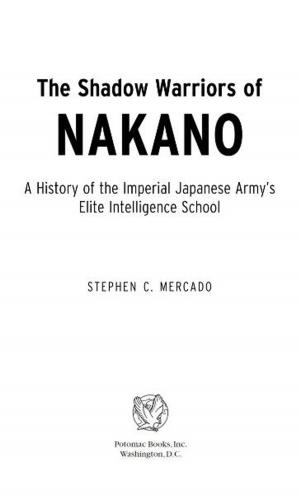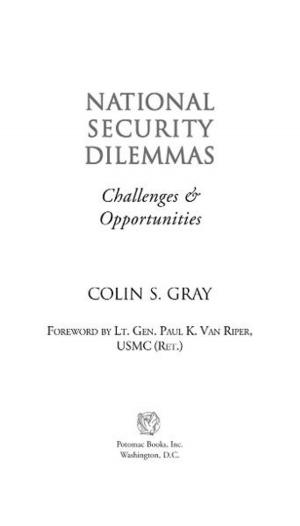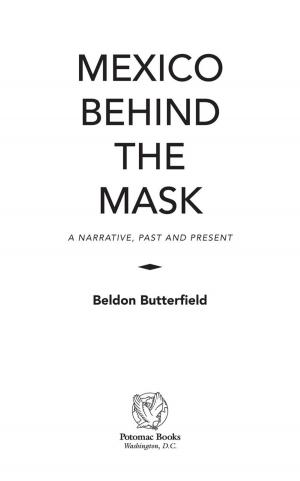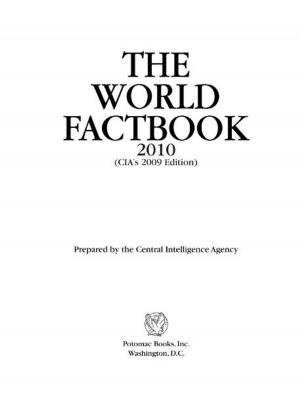| Author: | John J. Tierney, Jr. | ISBN: | 9781597973984 |
| Publisher: | Potomac Books Inc. | Publication: | October 31, 2006 |
| Imprint: | Potomac Books Inc. | Language: | English |
| Author: | John J. Tierney, Jr. |
| ISBN: | 9781597973984 |
| Publisher: | Potomac Books Inc. |
| Publication: | October 31, 2006 |
| Imprint: | Potomac Books Inc. |
| Language: | English |
The turbulent occupation of Iraq has once again embroiled the United States military in an unconventional war. Chasing Ghosts is a study of unconventional warfare in American military history and its implications for the present and future. John J. Tierney examines AmericaÆs numerous past experiences with this type of warfare from the Revolutionary War, when American irregulars fought the British and Loyalists, through the Vietnam War, which involved the U.S. military in its largest-ever counterinsurgency campaigns. Other cases covered in the book include guerrilla fighting during the American Civil War; wars between the United States and Native Americans; the Philippine Insurrection; the campaign against MexicoÆs Pancho Villa; U.S. occupations of the Dominican Republic, Haiti, and Nicaragua; and other examples from World War II and the Cold War.
Most of AmericaÆs past encounters with this type of warfare have been forgotten, requiring successive generations of military strategists and policy makers to stumble for answers and improvise strategies every time. While each war has its own unique circumstances, TierneyÆs analytical history will provide the case studies necessary to reduce this continual relearning process in the future. By illuminating this extensive and largely forgotten history, Tierney aims to better inform policy makers, the military, and the public about if, when, and how the United States should fight unconventional wars.
Most of AmericaÆs past encounters with this type of warfare have been forgotten, requiring successive generations of military strategists and policy makers to stumble for answers and improvise strategies every time. While each war has its own unique circumstances, TierneyÆs analytical history will provide the case studies necessary to reduce this continual relearning process in the future. By illuminating this extensive and largely forgotten history, Tierney aims to better inform policy makers, the military, and the public about if, when, and how the United States should fight unconventional wars.
The turbulent occupation of Iraq has once again embroiled the United States military in an unconventional war. Chasing Ghosts is a study of unconventional warfare in American military history and its implications for the present and future. John J. Tierney examines AmericaÆs numerous past experiences with this type of warfare from the Revolutionary War, when American irregulars fought the British and Loyalists, through the Vietnam War, which involved the U.S. military in its largest-ever counterinsurgency campaigns. Other cases covered in the book include guerrilla fighting during the American Civil War; wars between the United States and Native Americans; the Philippine Insurrection; the campaign against MexicoÆs Pancho Villa; U.S. occupations of the Dominican Republic, Haiti, and Nicaragua; and other examples from World War II and the Cold War.
Most of AmericaÆs past encounters with this type of warfare have been forgotten, requiring successive generations of military strategists and policy makers to stumble for answers and improvise strategies every time. While each war has its own unique circumstances, TierneyÆs analytical history will provide the case studies necessary to reduce this continual relearning process in the future. By illuminating this extensive and largely forgotten history, Tierney aims to better inform policy makers, the military, and the public about if, when, and how the United States should fight unconventional wars.
Most of AmericaÆs past encounters with this type of warfare have been forgotten, requiring successive generations of military strategists and policy makers to stumble for answers and improvise strategies every time. While each war has its own unique circumstances, TierneyÆs analytical history will provide the case studies necessary to reduce this continual relearning process in the future. By illuminating this extensive and largely forgotten history, Tierney aims to better inform policy makers, the military, and the public about if, when, and how the United States should fight unconventional wars.
